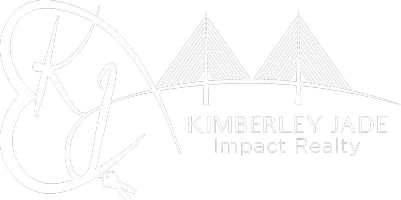How Fast Can You Get Pre-Approved for a Home Loan?
How Fast Can You Get Pre-Approved for a Home Loan? Getting pre-approved for a mortgage is one of the first steps in the homebuying journey. It gives you a clear picture of how much house you can afford and shows sellers you’re a serious buyer. But if you’re ready to start shopping for a home, you mi
How to Manage the Stress of Buying a House
The stress of buying a house is real, and you’re not alone in feeling it. Between financial uncertainty, emotional highs and lows, and a fast-moving housing market, homebuying can quickly become overwhelming, even for experienced buyers. This Redfin Real Estate guide breaks down why the process is
Pendry Residences Tampa — Luxury Waterfront Living in Downtown Tampa
Experience Elevated Living at Pendry Residences Tampa Discover an extraordinary lifestyle where sophistication, luxury, and five-star service meet the vibrant energy of Downtown Tampa. Pendry Residences Tampa is an iconic 38-story waterfront tower transforming modern living on the Tampa Riverwalk. E
What is An Appraisal Contingency and How Can it Impact Your Homebuying Journey?
Whether you’re a first-time homebuyer or seasoned buyer looking to upgrade or downsize, navigating the housing market can definitely be daunting. Regardless of your experience level, the complex jargon and legalities involved when home buying can be difficult to understand, but don’t worry. In this

Kimberley Jade
Phone:+1(727) 768-4421




